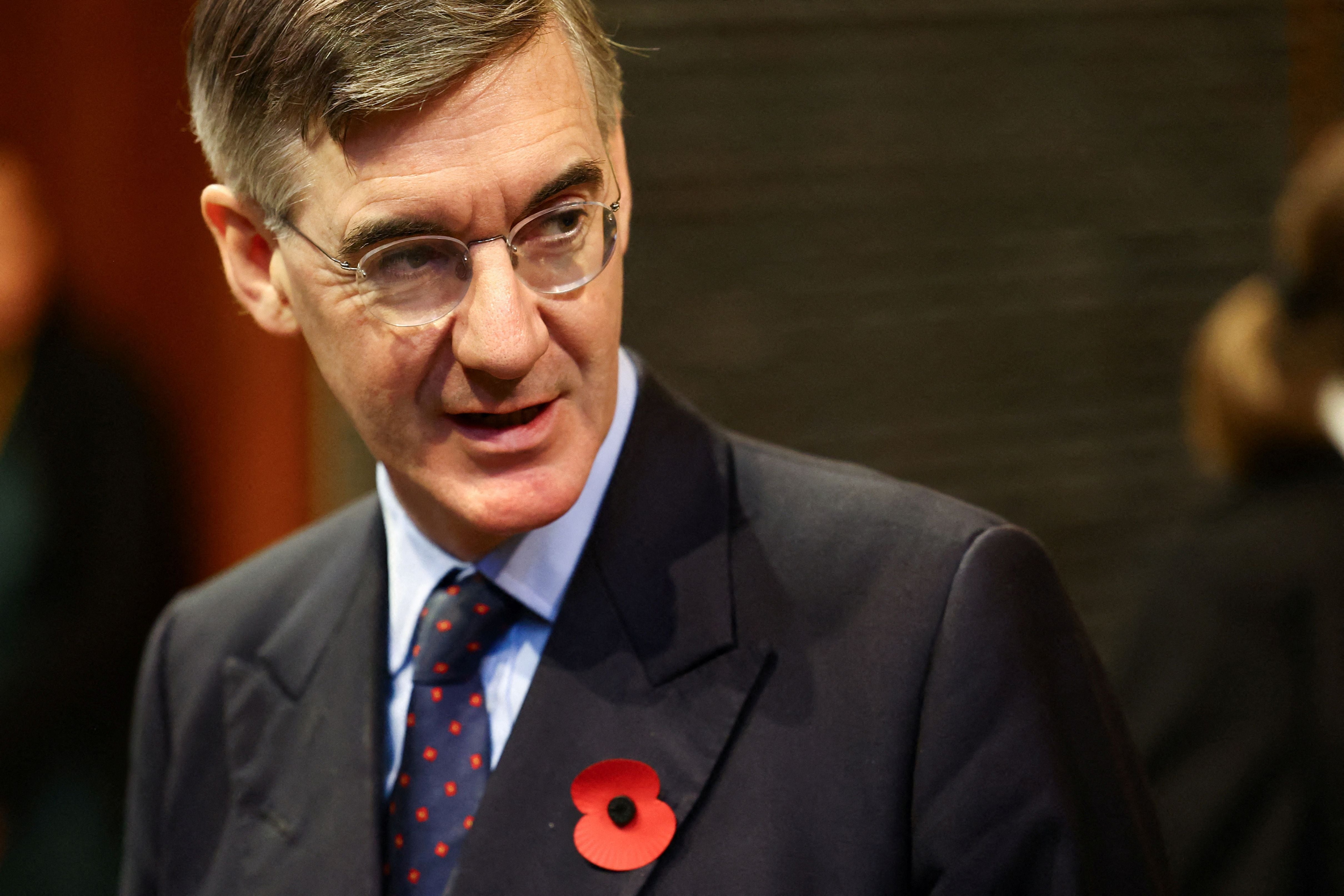Tories ‘open’ to charge of bias over voter ID rules, election watchdog warns
Electoral Commission chairman John Pullinger warned that the ‘very, very tight’ rules risk excluding certain voter groups at this year’s general election
Your support helps us to tell the story
From reproductive rights to climate change to Big Tech, The Independent is on the ground when the story is developing. Whether it's investigating the financials of Elon Musk's pro-Trump PAC or producing our latest documentary, 'The A Word', which shines a light on the American women fighting for reproductive rights, we know how important it is to parse out the facts from the messaging.
At such a critical moment in US history, we need reporters on the ground. Your donation allows us to keep sending journalists to speak to both sides of the story.
The Independent is trusted by Americans across the entire political spectrum. And unlike many other quality news outlets, we choose not to lock Americans out of our reporting and analysis with paywalls. We believe quality journalism should be available to everyone, paid for by those who can afford it.
Your support makes all the difference.The Conservatives have “opened themselves” up to the charge of bias over voter ID rules which came into force last year, the elections watchdog has warned.
Electoral Commission chairman John Pullinger warned that the “very, very tight” rules risk excluding certain voter groups at this year’s general election.
In an interview with the Financial Times, Mr Pullinger said: “The photo ID requirement is clearly proving more of a barrier to some people than others.”
Rishi Sunak rolled out mandatory photo ID in Britain ahead of the local elections last May, despite little evidence of voter fraud at polling stations.
Critics raised concerns that the move could disenfranchise voters, particularly those from marginalised communities.
The Electoral Commission said that the requirement to carry photo ID posed a challenge and around 14,000 people were unable to vote as a result.
Disabled and unemployed people were “more likely than other groups to give a reason related to ID for not voting”, it found.
Tory former minister Sir Jacob Rees-Mogg said the rollout of voter ID was an attempt at “gerrymandering” that backfired against the party.
He said the policy had made it harder for elderly Tories to vote and “upset a system that worked perfectly well”.

Mr Sunak’s government has consistently denied that bringing in voter ID was an attempt at “gerrymandering”, but rather is intended to prevent voter fraud and ensure confidence in the UK’s elections.
In his FT interview, Mr Pullinger said that if a consequence of measures to improve election security was disenfranchising certain voter groups then “we should do better”, but he accepted it is “too late” to make changes ahead of the general election expected this autumn.
Labour deputy leader Angela Rayner has described the voter ID policy as a “barrier to voting”. “No legitimate voter should be locked out of democracy but that has been the effect of the Tories’ failed voter ID regulations,” she has said.
And the Liberal Democrats have pointed to the policy, claiming voters had been “denied a voice”. “It looks like a transparent attempt at voter suppression by Conservative ministers who are desperate to stop people from holding them to account by any means possible,” local government spokesman Helen Morgan said.

Join our commenting forum
Join thought-provoking conversations, follow other Independent readers and see their replies
Comments